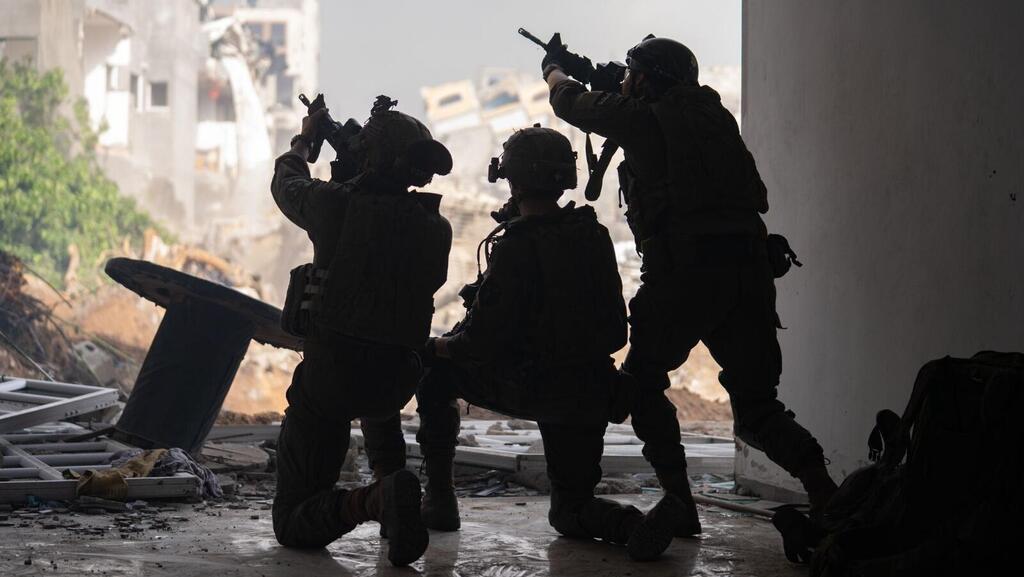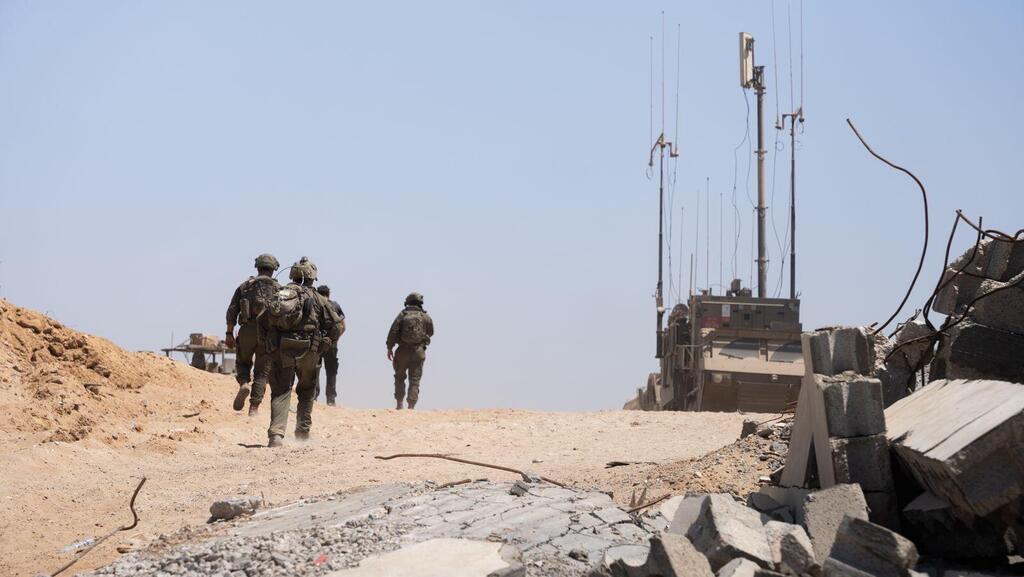Getting your Trinity Audio player ready...
Since October 7, Israel has been grappling with a widespread phenomenon of soldiers suffering from post-traumatic stress disorder (PTSD), requiring treatment. The number of patients increases every month, reaching unprecedented levels.
The rate of seeking treatment is expected to grow as reservists often return home to their "normal lives" only to realize later that they struggle to function at work or integrate into daily tasks and routines.
At the clinic of the National Center for Post Trauma and Resilience at Tel Aviv University, the largest in Israel for PTSD treatment, about 40 new cases of civilians and soldiers, most of whom were affected by the war, are registered each week. This influx is exceptionally high even compared to past major military operations, reflecting the severe mental distress accompanying the ongoing war with no end in sight.
Recently, the clinic staff has noticed a troubling trend unique to Israel that could endanger the patients and their comrades. Due to the prolonged war, many of our patients are receiving new reserve duty orders despite not having completed their PTSD treatment from the first wave of call-ups. These individuals often struggle with daily routines and appear mentally unfit to return to the battlefield.
The issue we see is that due to their deep commitment to the state, the army, and their fellow soldiers, some patients decide to halt or pause their treatment, leave everything behind, and return to service. This decision can exacerbate their symptoms and raise significant concerns about their ability to function and make decisions in real-time during combat, potentially endangering themselves and their comrades.
These reservists come to our clinic with severe PTSD symptoms. They have been exposed to extreme events involving injury or death of fellow soldiers, horrific scenes, and real threats to their own lives. As a result, some begin to experience intrusive symptoms like flashbacks, intrusive memories of the events, and a sense of reliving the trauma. These symptoms can be terrifying and, in some cases, lead to a disconnect from present reality.
Due to such experiences, many patients find it difficult to concentrate and feel constantly on edge. Their heightened arousal makes them jump at every small noise. Additionally, many suffer from nightmares about their combat traumas, leading to severe sleep disturbances, depression, anxiety, and a perception of the world as a dangerous place.
These symptoms severely impact daily functioning. Patients avoid activities or thoughts that could trigger their symptoms, making it hard to go to work or function as parents and partners. When these patients receive new reserve duty orders and tell us they are stopping treatment to return to combat, we try to explain how dangerous this is for them and their comrades. We emphasize that mental injuries, like physical ones, require significant recovery time.
Moreover, this new phenomenon requires us, as therapists, to adapt traditional psychological treatment protocols, which are generally designed for trauma in the past, not ongoing trauma. This unique situation is currently seen only in Israel and Ukraine due to ongoing wars.
 Prof. Yair Bar-HaimPhoto: Tel Aviv University
Prof. Yair Bar-HaimPhoto: Tel Aviv UniversityGiven the large influx of patients, it's clear that Israel's mental health system is in a state of emergency. I urge decision-makers to act now to develop long-term solutions for this crisis, looking at least two decades ahead.
These solutions should include speeding up and enhancing therapist training and establishing strong regional clinics specializing in trauma care. Many of our patients are receiving new reserve orders during active treatment, so raising awareness among soldiers, commanders, and civilians about PTSD symptoms is crucial. Those actively undergoing focused PTSD treatment should be exempt from additional military service until they complete their treatment and are fully mentally fit.



